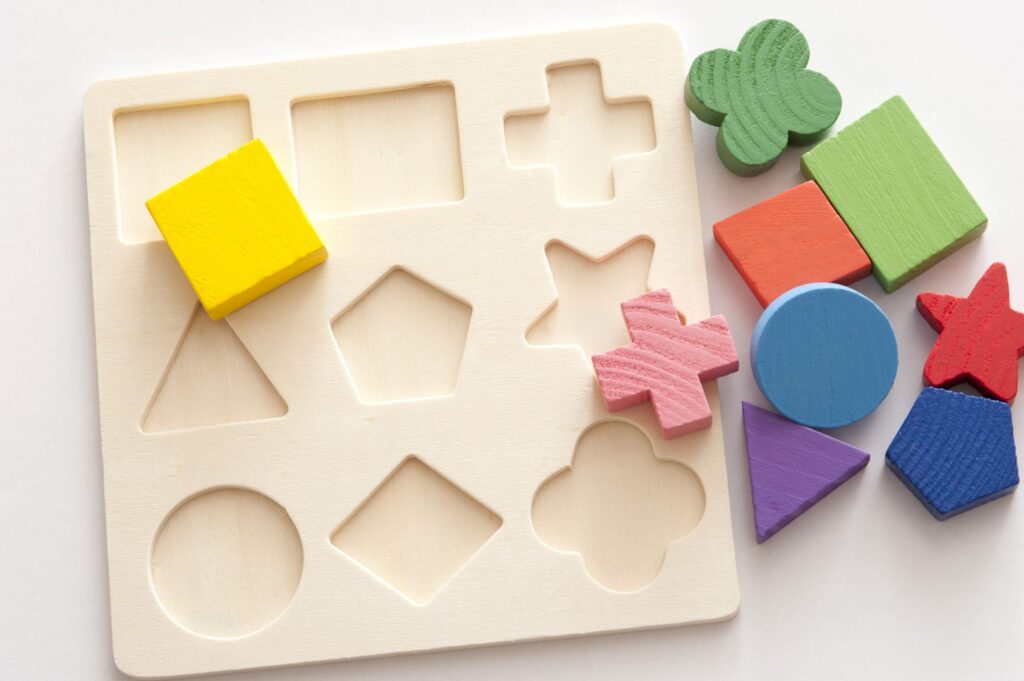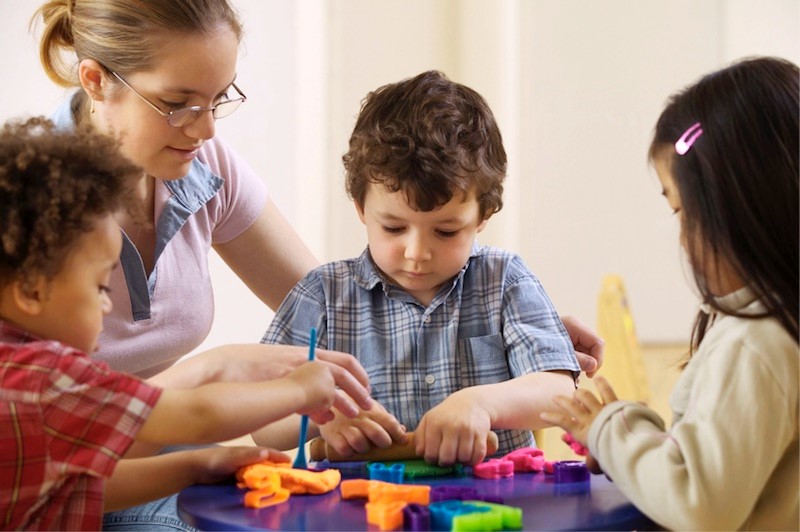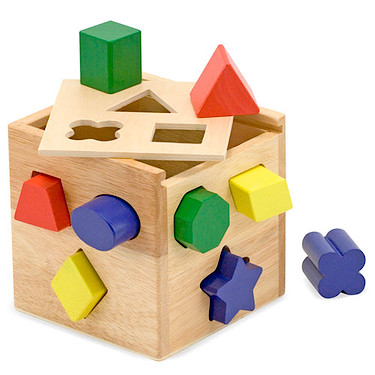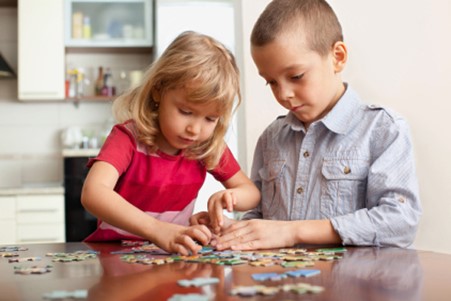How do puzzles support children’s learning and development?
Adapted from an article by Melanie Pilcher in Under 5 Magazine
From birth, your child’s growing brain solves puzzles as part of their brain development. From the time a young baby reaches out to grasp a toy for the first time, the brain is making connections.
Puzzles help to activate both the left and right sides of the brain, encouraging both sides to work together. As we grow and develop, puzzles continue to stimulate the brain by lowering stress levels and improving memory. Emerging studies are also showing that puzzles have the potential to improve brain health and prevent the neuron decline that can lead to dementia.
Puzzles are an easy way to help our baby or child’s development. Not only do they stimulate each of the characteristics of effective learning, but the skills being learned support their all-round development by:
- developing ‘problem-solving’ and ‘critical-thinking’ skills, as well as encouraging children to ‘have a go’ as they ‘play and explore’
- building pattern recognition and memory using gross and fine motor skills
- giving children autonomy over choice and technique
- helping develop their visual perception as they interpret and make sense of what they are seeing
- hand-eye coordination
- early maths skills
- increasing attention span
- encouraging independent play
- shape recognition
- encouraging personal, social and emotional skills, including self-regulation, turn taking and self-confidence
Encouraging puzzling with your children:
Baby shaping and sorting toys
The two-way interaction between you and your baby supports communication when shape sorters are being played with. Whenever the baby posts a shape into the correct hole, they begin to anticipate a response from the adult, usually a clap and a cheer. This helps them to connect 3D shapes with the holes, learning about shapes in the real world.

Toddlers and older children
Children often love the challenge of puzzles and they are great for learning about shape, size and colour. If your child struggles with jigsaws, or finds them frustrating you could try:
- Matching games
- Mazes
- Rubik’s cubes
- Word searches & crosswords
To try out puzzling with your children try borrowing puzzle toys and matching games from friends or family or join Lewisham Toy Library to borrow all types of toys.








